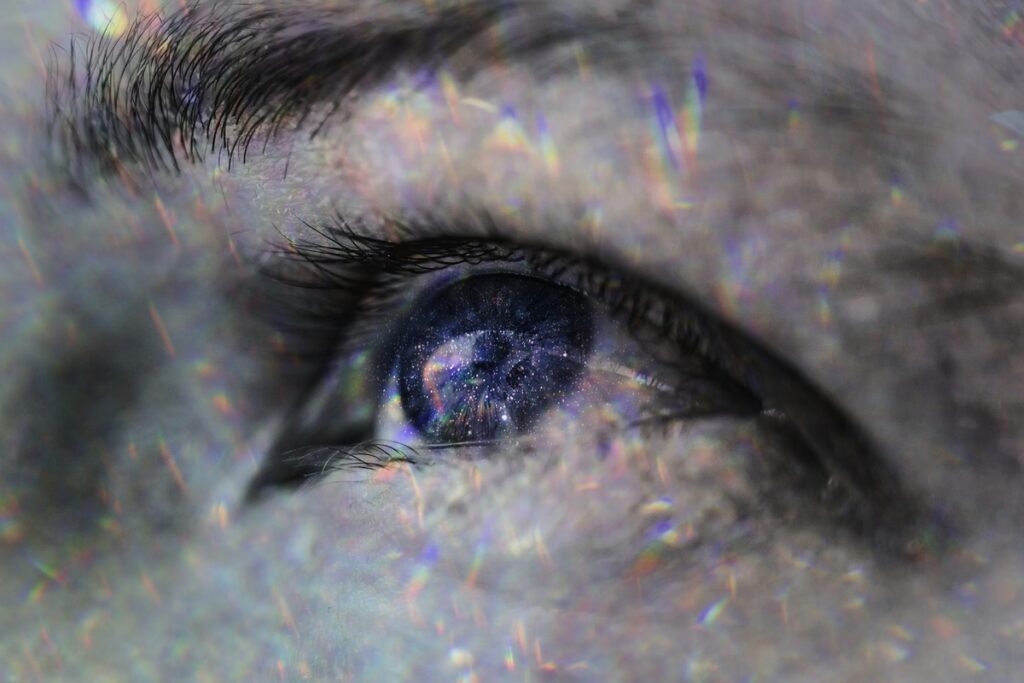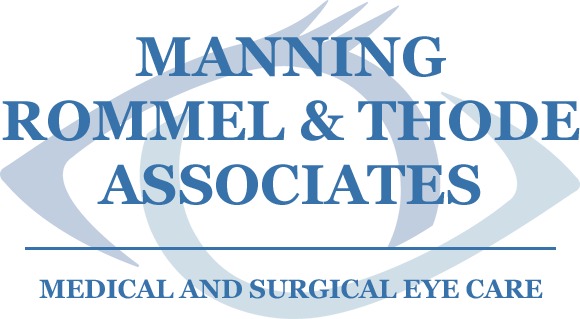Dry eyes are a common occurrence during the winter and you can thank seasonal changes for creating an environment that leads to itchy or red eyes.

Here are some ways you may be able to treat dry eyes and also some ideas to prevent dry eyes from happening:
Artificial tears
Artificial tears are a common way to restore moisture to your eyes. They work by putting drops of liquid into your eyes.
You can buy these over-the-counter at most drugstores. If you find that over-the-counter eye drops don’t alleviate dry eye symptoms, you could also get prescription moisturizing eye drops. An ophthalmologist can help you choose eye drops that will work best for you.
Indoor humidifiers
During the winter, people are constantly using heaters to stay warm while indoors. This leads to air that is drier than outside, which can affect dry eyes. While trying to sit away from heating vents could help with dry eyes, it may be more effective to get an indoor humidifier.
An indoor humidifier may introduce moisture into the air and help reduce the symptoms of dry eyes. Just be sure to clean it regularly to avoid mold and bacteria from developing.
Warm compresses
Some patients may find dry eye relief by using a warm compress over their eyes. You can soak a washcloth and warm water and put it over your eyes for a few minutes. To prevent spreading infection from one eye to another, use a different cloth for each eye.
Check your medication
One of the side effects of some medications is dry eyes. Cold medicine often has ingredients that can cause dry eyes. It can also be found in antidepressants, birth control pills, and blood pressure medication. You may need to find alternatives if your medication is causing chronic dry eyes. It’s best to consult with your doctor about your symptoms and options.
How to prevent dry eyes in the winter
Sometimes the best treatment for dry eyes is to prevent it.
Some methods you may want to consider to prevent dry eyes include:
- Avoid pointing a blow dryer towards your eyes
- Reduce heater usage
- Take omega-3 supplements
- Protect your eyes while outside by wearing glasses or hats
- Stay hydrated
- Take breaks from staring at an electronic monitor
- Remove makeup before going to bed
- Avoid rubbing or touching your eyes
When should you see an eye specialist for dry eyes?
Dry eyes are usually nothing to worry about, but they can sometimes be a sign of an underlying problem. You’ll want to consider seeing an ophthalmologist if you continue to have dry eyes even with treatment.
At Manning, Rommel, & Thode, we can help with dry eye treatment and offer some relief. We will conduct a comprehensive eye exam to discover the root of the problem and recommend the best course of treatment.
If you’re looking for an eye specialist in Lancaster, PA, look no further than Manning, Rommel, & Thode. Schedule an appointment by calling us at 717-393-7980, option 1.
We look forward to meeting you!
